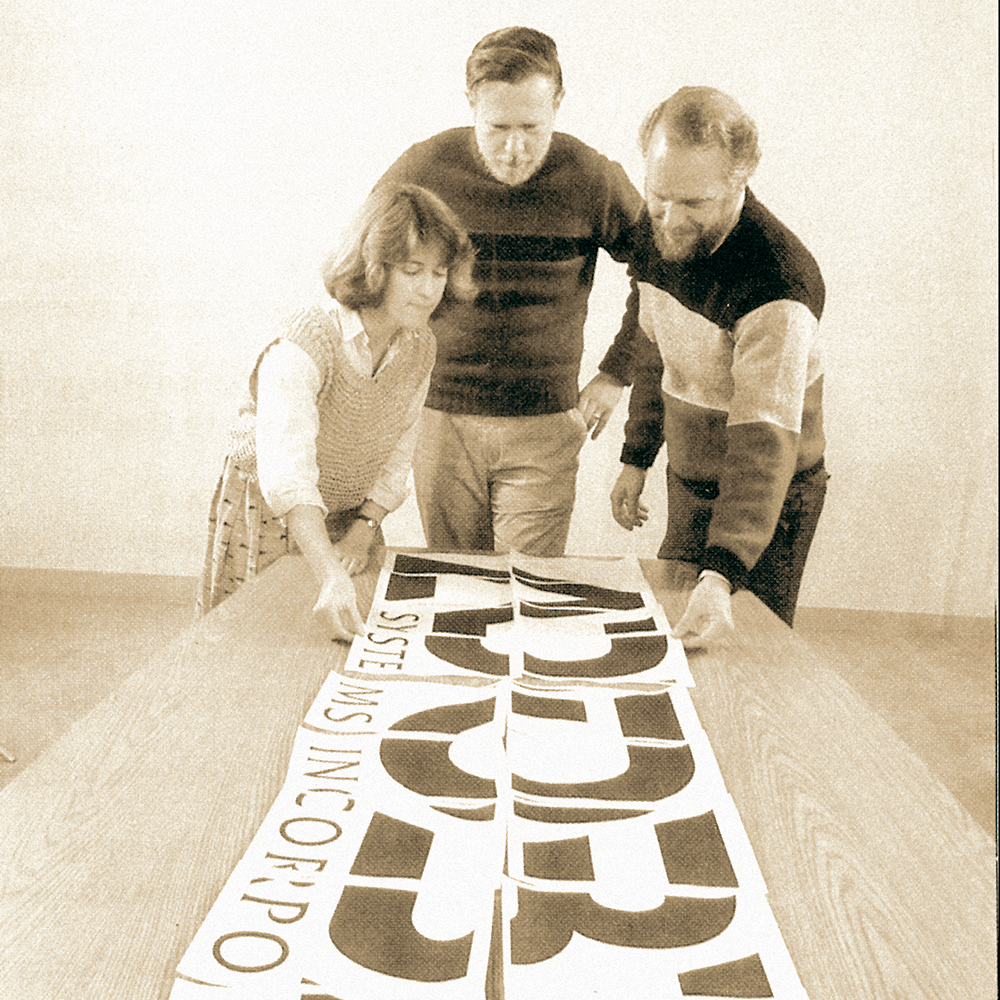
August 16, 2012
Literature’s Harshest Criticism

What is the most brutal piece of architectural criticism in literature? With the attention devoted of late to Ayn Rand, one might point to some Ellsworth Toohey rant in The Fountainhead. (Not being a fan of Rand or that book, I will excuse myself from a search, but pose a question to those who treat Rand as a political model: why is Howard Roark, the architect who dynamites a public housing project on ideological grounds, a hero and not a domestic terrorist?) David Mazzucchelli’s recent graphic novel, Asterios Polyp, might be another good source. And there’s always Twain, Wharton, Fitzgerald, Nabokov….the possibilities are as diverse as literature itself. Post your own favorites in the comments section, and we can begin to develop a canon.
My own choice is from W. G. Sebald’s Austerlitz, and it is remarkable for being one of the most bitter, sustained, and effective eviscerations of a building in print, and that includes criticism of the non-fictional variety. Its harshness is perhaps more remarkable because it is not aimed at an invented target, but a very real work of recent vintage: Dominique Perrault’s Bibliotheque Nationale in Paris. The critique is delivered, like much of the book, in the mediated voice of a narrator who recapitulates events as told to him by the titular character, Jacques Austerlitz, here visiting the library in search of information about his own past. Like many architectural critiques, it takes the form of a visit through the building, begining with the trip to get there.
In order to reach the Grande Bibliotheque you have to travel through a desolate no-man’s-land in one of those robot-driven Metro trains steered by a ghostly voice, or alternatively you have to catch a bus in the place Valhubert and then walk along the wind-swept riverbank toards the hideous, outsize building, the monumental dimensions of which were evidently inspired by the late President’s [ie Francois Mitterand] wish to perpetuate his memory whilst, perhaps because it had to serve this purpose, it was so cenceived that it is, as I realized on my first visit, said Austerlitz, both in its outer appearance and inner constitution unwelcoming if not inimical to human beings, and runs counter, on principle, one might say, to the requirements of any true reader.
The review continues for several more pages in similar fashion, always focussing on the very real consequences of Perrault’s design on Austerlitz’s experience. In that it is a model for any writer of criticism.
Perrault can at least be thankful that he is unnamed. Still, it’s one thing to get a nasty review in the local paper, another to be condemned in history books (although history does have a way of reversing its opinions, or at least blunting them), but to have your work massacred in one of the signature works of modern literature, one that will color readers’ impressions for, perhaps, centuries? That’s got to sting.
Beyond adding your own favorite pieces of fictional criticism in the comments, if you feel so inspired, I do hope you will join me for further discussion of Austerlitz next week, when I will be hosting the third Architecture and Design Book Club. The event is set for Thursday, August 23 at 6:30 at WeWork, 154 Grand Street. More info is here.
Observed
View all
Observed
By Mark Lamster
Related Posts

Equity Observer
L’Oreal Thompson Payton|Essays
‘Misogynoir is a distraction’: Moya Bailey on why Kamala Harris (or any U.S. president) is not going to save us

Equity Observer
Ellen McGirt|Essays
I’m looking for a dad in finance

She the People
Aimee Allison|Audio
She the People with Aimee Allison, a new podcast from Design Observer

Equity Observer
Kevin Bethune|Essays
Oh My, AI
Related Posts

Equity Observer
L’Oreal Thompson Payton|Essays
‘Misogynoir is a distraction’: Moya Bailey on why Kamala Harris (or any U.S. president) is not going to save us

Equity Observer
Ellen McGirt|Essays
I’m looking for a dad in finance

She the People
Aimee Allison|Audio
She the People with Aimee Allison, a new podcast from Design Observer

Equity Observer
Kevin Bethune|Essays
